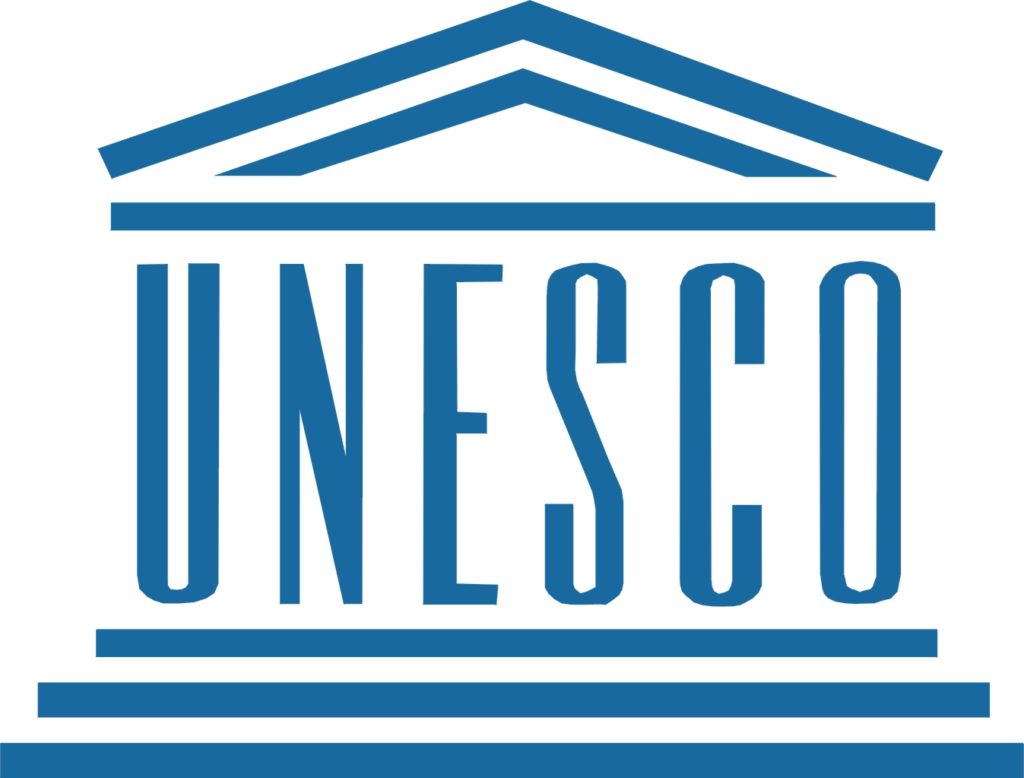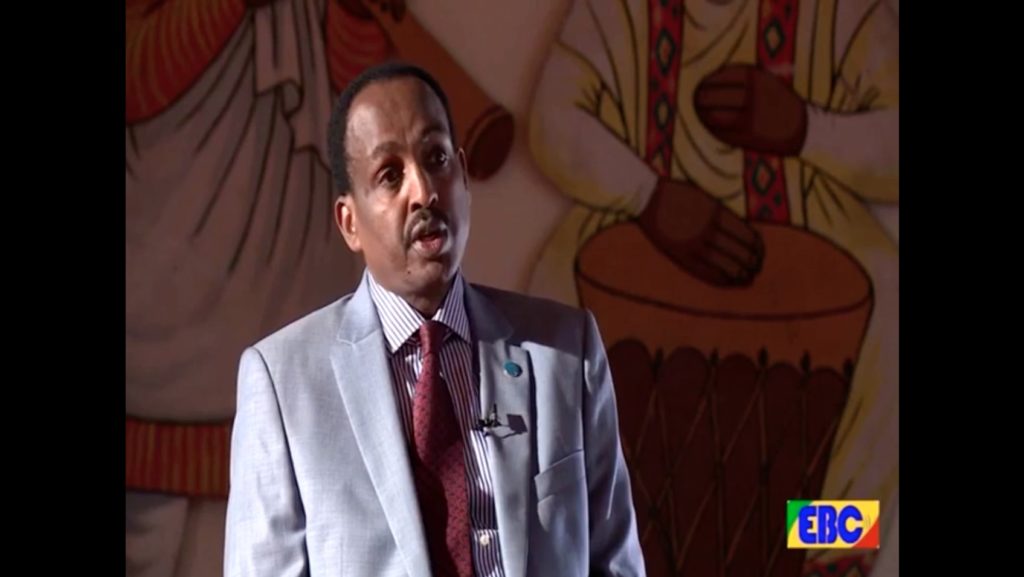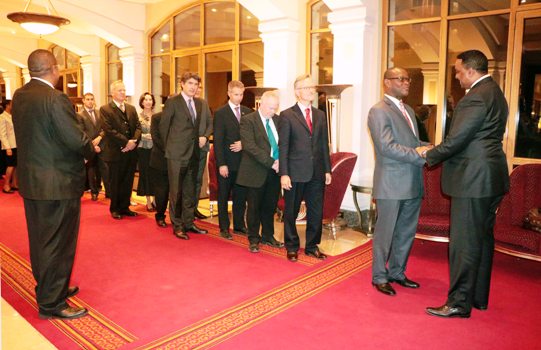 Dr. Workneh Gebeyehu, recently appointed Foreign Minister of Ethiopia, held a reception for the members of the Diplomatic Corps and all foreign diplomats accredited to Ethiopia on Monday, (December 5).
Dr. Workneh Gebeyehu, recently appointed Foreign Minister of Ethiopia, held a reception for the members of the Diplomatic Corps and all foreign diplomats accredited to Ethiopia on Monday, (December 5).
He took the opportunity to share his thoughts on strengthening Ethiopia’s partnerships with their countries and organizations.
He quoted Prime Minister Hailemariam on the major priorities in the reform agenda: inclusive and equitable economic growth; dialogue; and structural transformation of the economy. These, Dr. Workneh underlined, together with Ethiopia’s emphasis on regional peace, security and integration and the deepening of democracy were the foundation of Ethiopia’s diplomatic efforts. Ethiopia’s diplomacy would continue to focus on enhancing the bilateral and multilateral partnerships vital for inclusive development, institution building and good governance.
He noted that the recent challenges had highlighted the vital importance of peace and the need for sustaining an inclusive and rapid economic development. Further, a significant number of people, particularly youth, had not sufficiently benefitted development, so the future focus would be on inclusivity.
Another key priority would be trade and investment and he requested the assistance of those present to encourage their nationals to continue investing in Ethiopia, to encourage the flow of FDI and the creation of jobs. He stressed the government’s conviction that sustainable economic growth needed peace, good governance and strong democratic institutions.
It therefore planned to carry out the necessary reforms to strengthen such institutions as the Election Board, the Human Rights Commission, the Ombudsman and the Federal Ethics and Anti-Corruption Commission and others bodies. The government would also continue to build partnerships at all levels to achieve peace, development and democratization, through creation of a national consensus around poverty reduction through fast growth and development, as well as democratic institution building and good governance.
We believe that this is critical for the achievement of sustainable peace, and transformation in Ethiopia and in the region and in Africa. Dr. Workneh underlined Ethiopia’s commitment to IGAD and the Regional Economic Communities as the building blocks for continental integration. It would continue to do its utmost create enabling conditions for the AU, UNECA and the RECs to work effectively.
He also noted that partnerships with bilateral and multilateral development partners were equally important. These had allowed Ethiopia to achieve most of the MDGs; it hoped to do the same with the Sustainable Development Goals. Dr. Workneh took the opportunity to thanks all those who had supported Ethiopia’s election to the UN Security Council, Noting that it currently contributed the largest number of peace-keepers to UN and AU peace keeping operations, he said Ethiopia would work closely with all Council members to help address peace and security concerns in Africa and elsewhere.
In conclusion, he promised he was ready to work closely with all the members of the Diplomatic Corps; equally he counted on their valuable support and cooperation in the successful discharge of his “heavy responsibilities”.
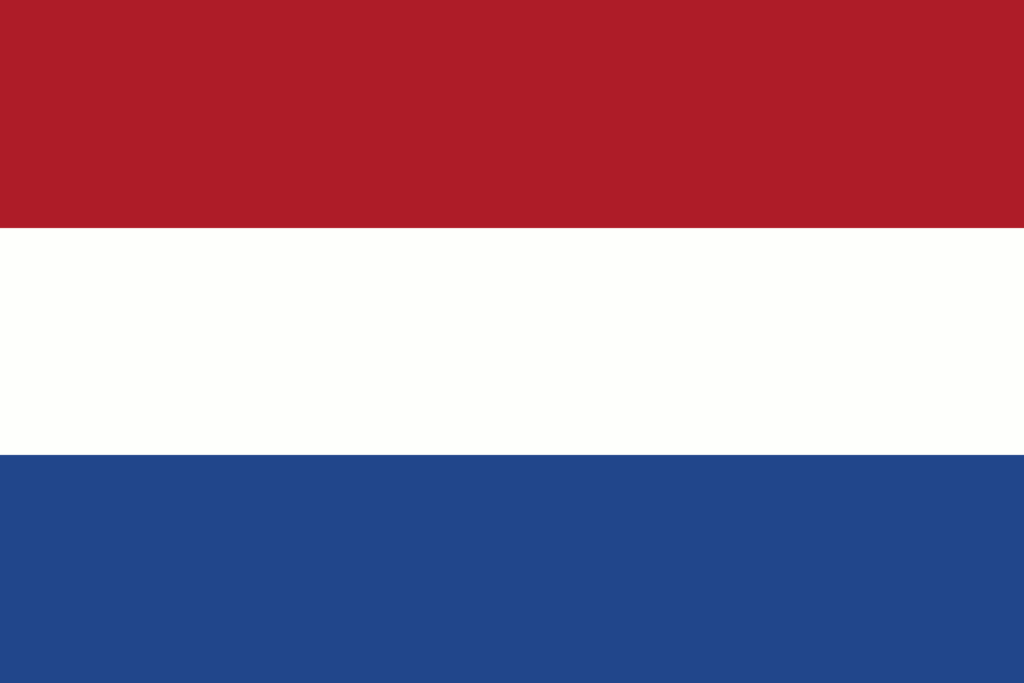
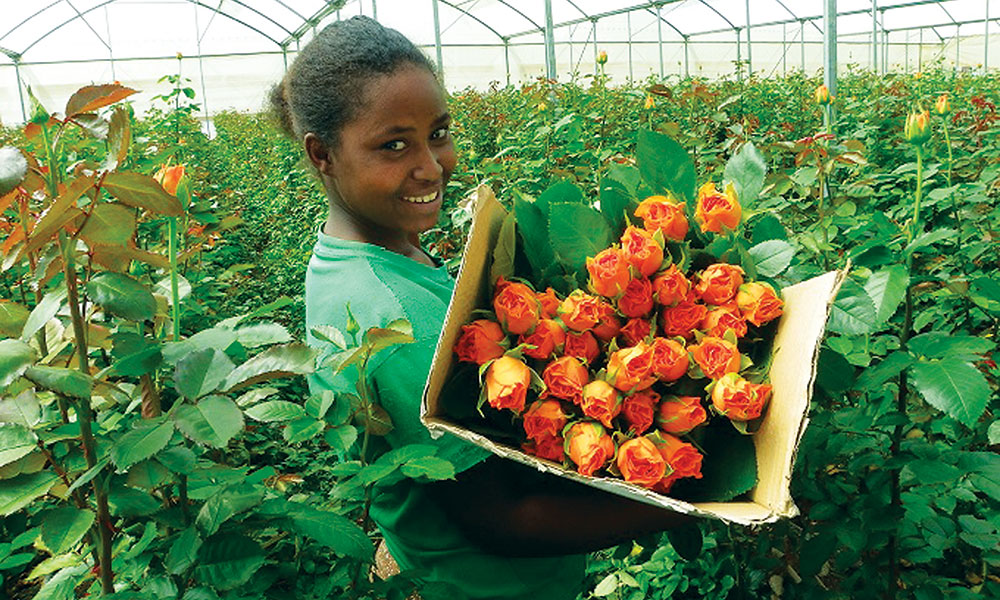
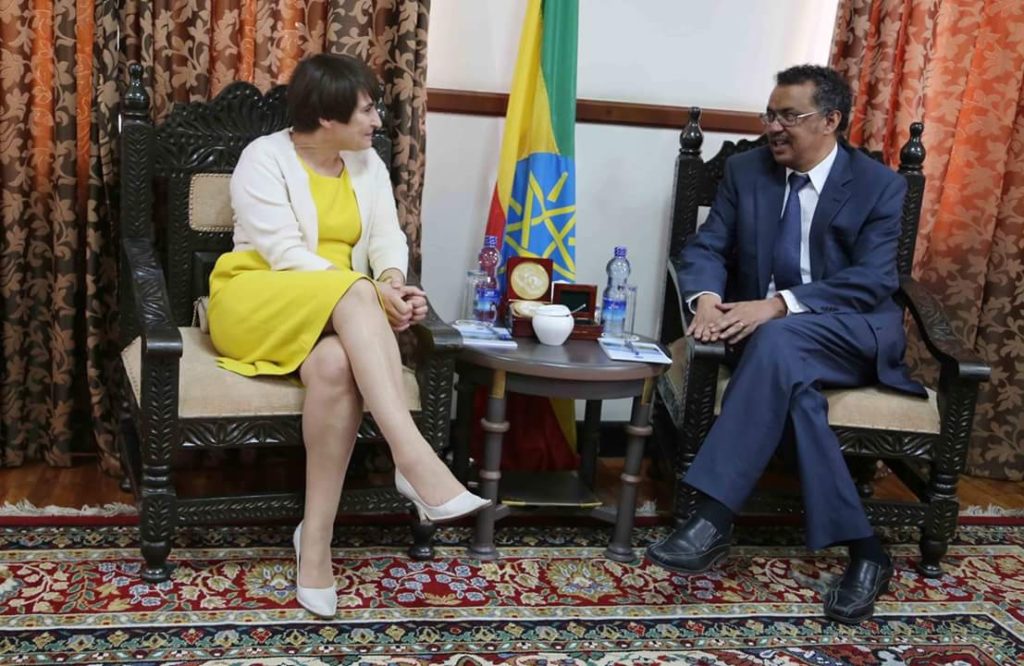
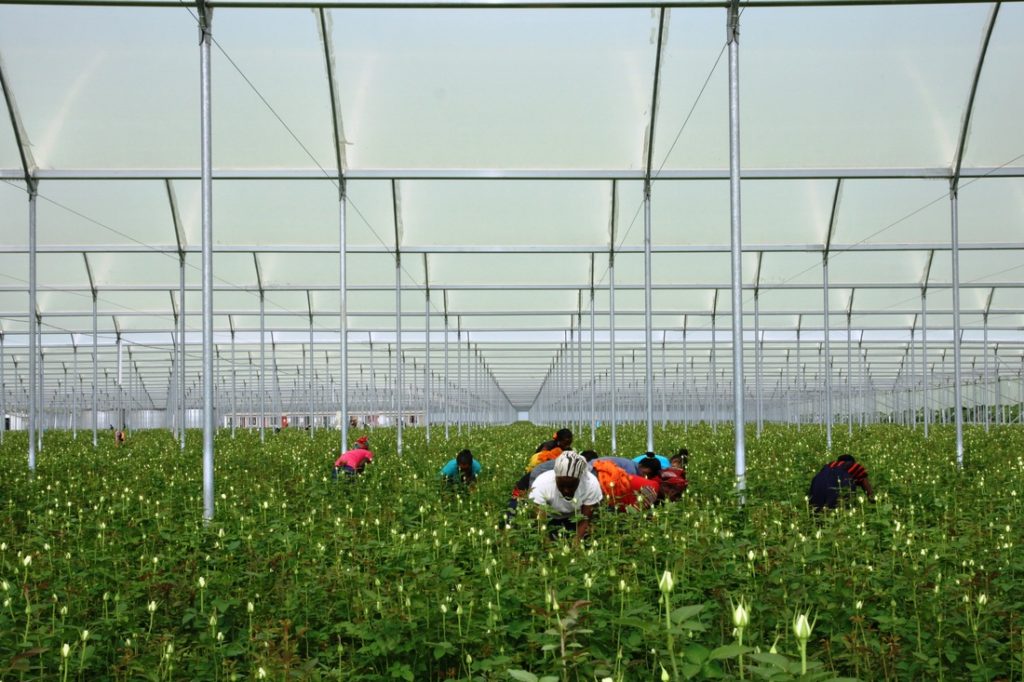
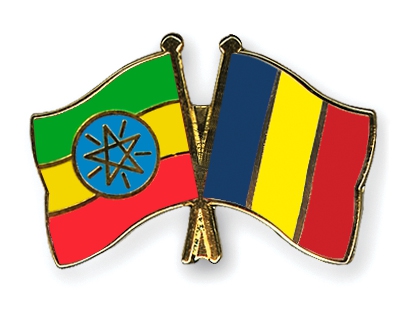
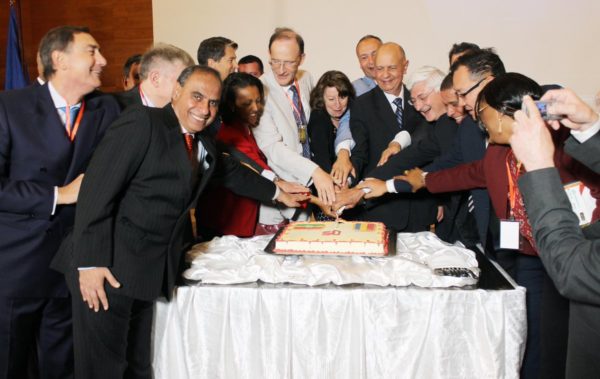
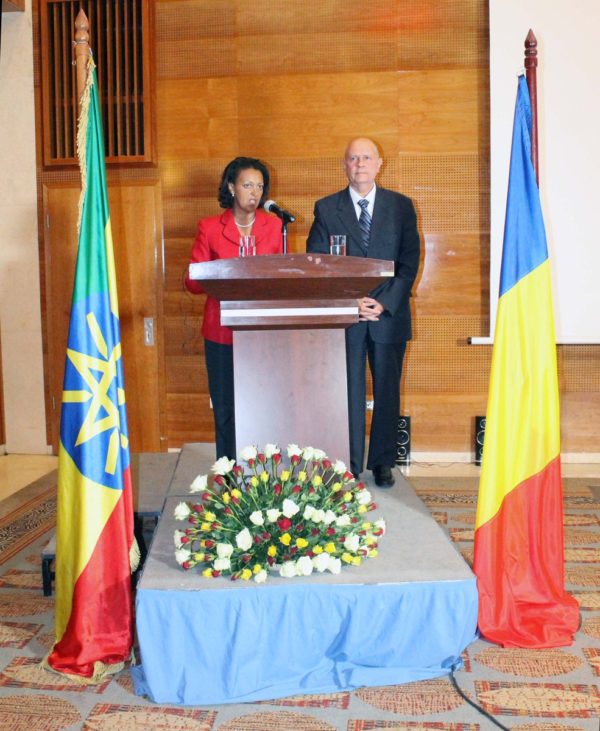

 Dr. Workneh Gebeyehu, recently appointed Foreign Minister of Ethiopia, held a reception for the members of the Diplomatic Corps and all foreign diplomats accredited to Ethiopia on Monday, (December 5).
Dr. Workneh Gebeyehu, recently appointed Foreign Minister of Ethiopia, held a reception for the members of the Diplomatic Corps and all foreign diplomats accredited to Ethiopia on Monday, (December 5).

 Ethiopia’s Almaz Ayana has been named the female World Athletes of the Year at the IAAF Athletics Awards 2016, held at Sporting Monte Carlo on 2 December 2016.
Ethiopia’s Almaz Ayana has been named the female World Athletes of the Year at the IAAF Athletics Awards 2016, held at Sporting Monte Carlo on 2 December 2016.
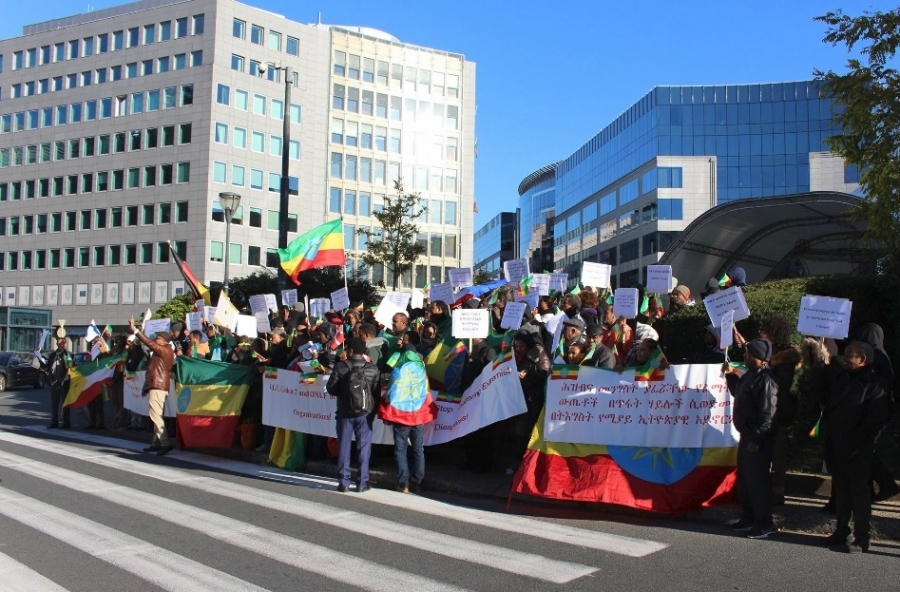
 Members of Ethiopian Diaspora from all over Europe staged a demonstration on 28 November 2016 in front of the seat of European Union in Brussels, Belgium.
Members of Ethiopian Diaspora from all over Europe staged a demonstration on 28 November 2016 in front of the seat of European Union in Brussels, Belgium.